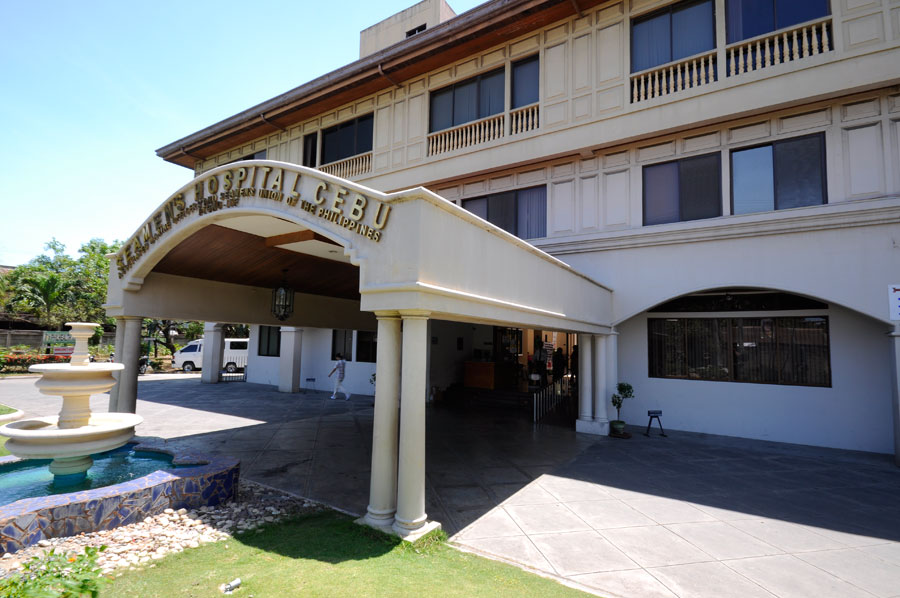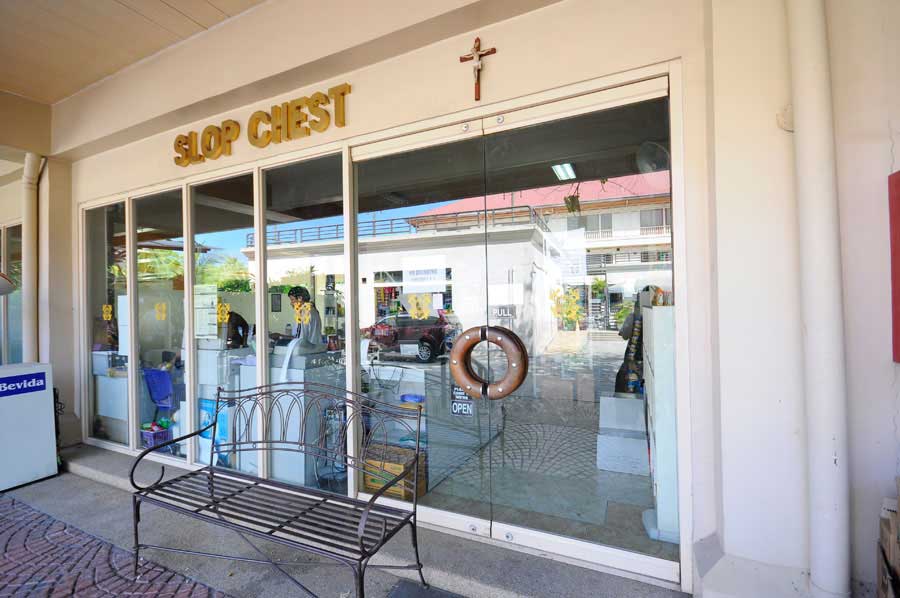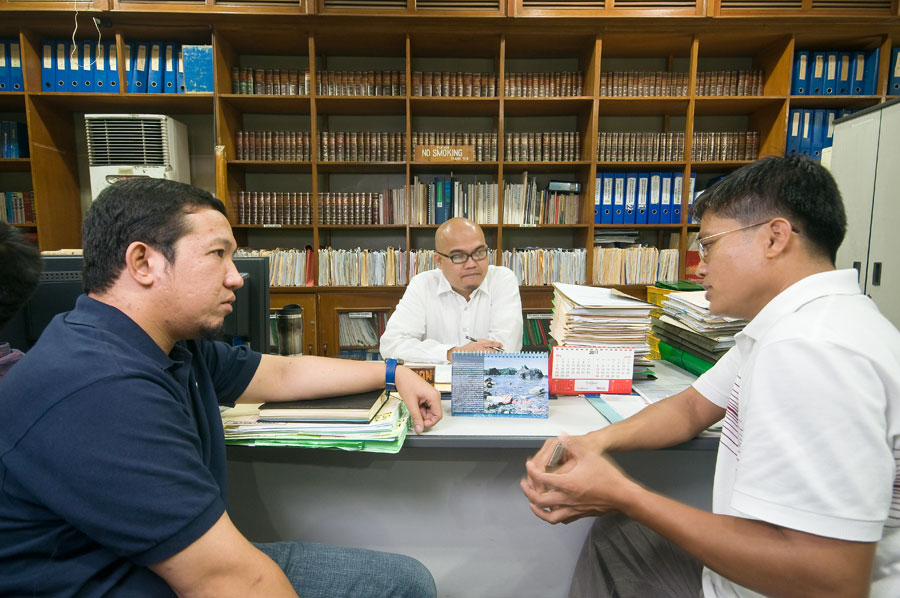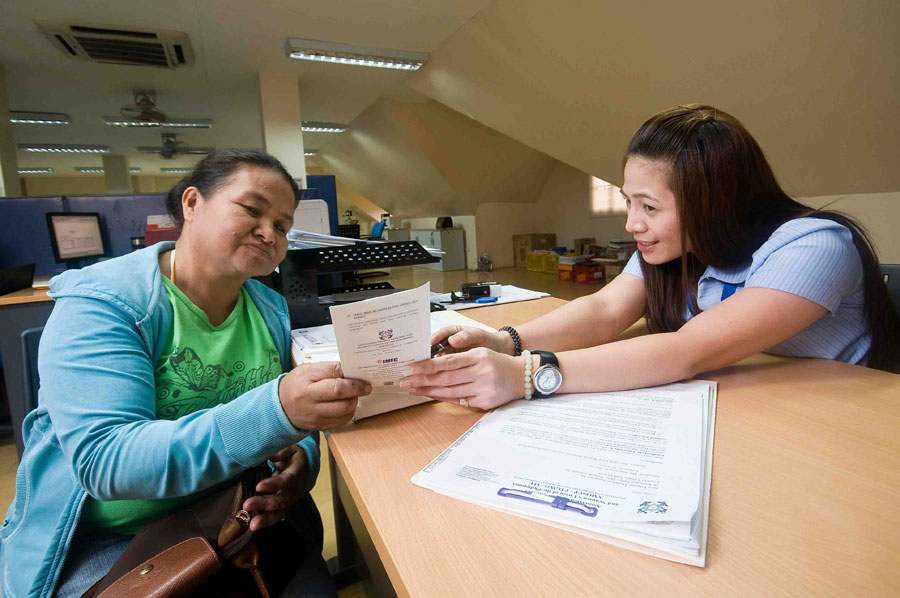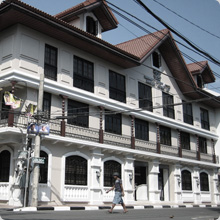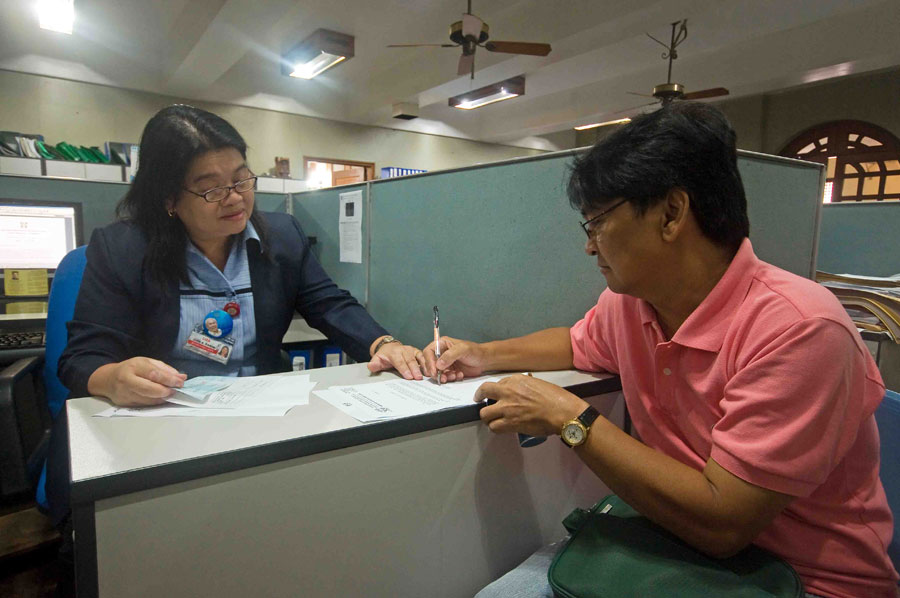Associated Marine Officers’ and Seamen’s Union of the Philippines (AMOSUP-PTGWO-ITF) President, Dr. Conrado F. Oca, welcomed the decision of the European Commission to extend its recognition of Filipino seafarers’ certificates issued in the Philippines: “We are extremely pleased because for years, we have been working very hard together with our social partners and the government to get this accreditation. This will entail employment of a lot of Filipino seafarers, especially the officers,” he said.
Dr. Oca gave much of the credit to no less than the President of the Republic of the Philippines, His Excellency Ferdinand “Bongbong” Marcos, Jr., who personally met with international maritime stakeholders on the sidelines of the EU-ASEAN summit in Brussels, Belgium, and ordered the creation of the International Advisory Committee on Global Maritime Affairs (IAC-GMA) composed of employers, shipowners and trade unions, including the International Transport Workers’ Federation (ITF), together with the Philippine government and the International Labor Organization (ILO).
“From the start we have been cooperating with the government. This is why we are very thankful to President Marcos because his meeting with the European Commission and the maritime stakeholders in Brussels was really the clincher. He showed the world that the EMSA accreditation is an urgent national concern and that his administration is strongly committed to addressing the issues raised by the European Maritime Safety Agency,” Dr. Oca added.
The much-awaited pronouncement that recognized the Philippines as “one of the world’s largest maritime labour providing countries” was released last Friday, 31 March 2023, through the Directorate-General for Mobility and Transport of the European Commission.
Commissioner for Transport Adina Vălean said in the statement: “We appreciate the constructive cooperation with the Philippine authorities and welcome their efforts to improve the system for training and certifying seafarers. The Philippines provide a significant and valued part of the European and global shipping industry’s maritime workforce – indeed, with roughly 50,000 Filipino masters and officers currently working on EU-flagged ships. The Philippines can count on our technical support to further improve the implementation and oversight of minimum education, training and certification requirements, as well as living and working conditions.”
AMOSUP Executive Vice President and IMO Goodwill Ambassador Vice Admiral Eduardo Ma. R. Santos also applauded the positive development, as he hopes for better cooperation between and among government agencies involved in the country’s STCW compliance. “This started in 2006 and that varied over the years… we are always on tether hooks because we don’t know when we would actually be permanently recognized in the EU. But let me assure you that shipowners still would like Filipino seafarers because not only are we competent, we have social qualities that we can deal with cross-cultures. But there are indeed some things that need to be ironed out… coordination and harmony (between the Maritime Industry Authority (MARINA) and the Commission on Higher Education (CHED).” Vice Admiral Santos remarked.
While the recognition of Philippines-issued certificates for Standards of Training, Certification and Watchkeeping for Seafarers (STCW) was extended, the European Commission listed six areas that the Philippines’ Maritime Authorities must address to improve compliance with the STCW Convention:
- monitoring, supervision and evaluation of training and assessment;
- examination and assessment of competence;
- programme and course design and approval;
- availability and use of training facilities and simulators;
- on-board training; and
- issue, revalidation and registration of certificates and endorsements.
Moving forward, AMOSUP’s leadership has committed to continue working collaboratively with the Philippine government and key maritime stakeholders, while keeping the best interests of Filipino seafarers at the heart of the country’s pursuit of the European Commission’s permanent recognition and accreditation.
“This will not end here. There should be eternal vigilance, we cannot be complacent and we should monitor our status closely. ‘Forewarned is forearmed,’ we must do everything in our power to ensure that we are compliant (with the EMSA). We should not squander the opportunities our industry provides not just for seafarers, but to their families as well. At the end of the day, that is our mantra: To help not only the seafarers, but also their families,” Dr. Oca concluded.

